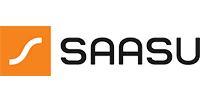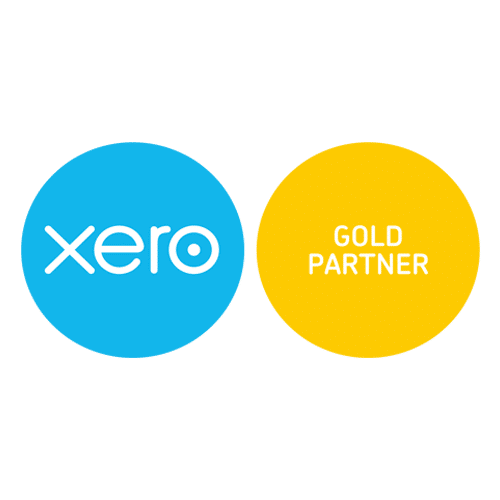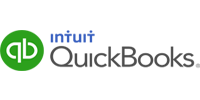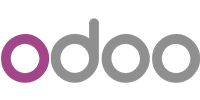





In the world of finance and business, where precision and efficiency are paramount, the landscape of accounting has seen a transformative shift with the advent of cloud accounting. The convenience, accessibility, and flexibility it offers have propelled cloud accounting and cloud accounting software into the limelight. As we stand on the threshold of 2023, let’s embark on a journey to explore the evolving trends and innovations that will shape the future of cloud accounting in the years to come.
Cloud accounting, in essence, involves utilizing cloud-based platforms and software to manage financial transactions, track expenses, and maintain up-to-date financial records. This modern approach eliminates the need for physical servers and heavy installations, allowing businesses to access their financial data securely from anywhere with an internet connection.
The basis of cloud accounting is the software that powers it. These software solutions offer a range of features, from bookkeeping to invoicing, that make financial management more efficient.
One of the most significant trends in the coming years will be the further integration of automation in cloud accounting. With machine learning and artificial intelligence (AI) at the forefront, tedious and repetitive tasks will be automated, reducing the margin for error and saving valuable time. For instance, expense categorization, data entry, and even report generation can be automated with a high degree of accuracy.
Beyond automation, AI will be harnessed to provide actionable insights. Cloud accounting software will have the ability to analyze financial data and offer suggestions for cost savings, investment opportunities, and risk assessment. This predictive analysis can greatly assist businesses in making informed financial decisions.
In the coming years, cloud accounting will bring enhanced collaboration capabilities. Multiple users will be able to access the same financial data simultaneously, promoting real-time collaboration among accountants, business owners, and financial advisors. This feature will streamline the decision-making process and reduce the back-and-forth typically associated with traditional accounting.
The “anytime, anywhere” aspect of cloud accounting will be amplified. With the prevalence of mobile applications and responsive web interfaces, businesses and individuals can access their financial data on the go. This heightened accessibility transcends geographical boundaries, making it easier for global enterprises to manage their finances efficiently.
Data security will always be a top priority. In the future of cloud accounting, encryption, multi-factor authentication, and regular security updates will be the norm. This will ensure that sensitive financial information remains protected from cyber threats.
Compliance with tax regulations and financial standards is an essential aspect of accounting. In the coming years, cloud accounting software will incorporate features that automatically update to reflect changes in tax laws and compliance requirements. This will save businesses from costly mistakes and penalties.
Every business is different and their accounting needs can vary significantly. Cloud accounting software will offer increased customization options, allowing businesses to tailor the software to their specific requirements. This ensures that businesses can implement a solution that fits like a glove.
As businesses grow, their accounting needs change. The future of cloud accounting will feature solutions that can scale seamlessly, accommodating the needs of small startups and large corporations alike. This scalability ensures that businesses don’t outgrow their accounting software.
In an era where environmental consciousness is essential, cloud accounting is set to contribute positively. The reduced need for physical hardware and the ability to work remotely will significantly lower the carbon footprint of businesses. Additionally, the move toward paperless transactions and digital receipts will reduce the need for printing and storing physical documents.
Cloud accounting is set to become a potent tool for predicting financial trends. By analyzing historical financial data and market trends, cloud accounting software can generate accurate forecasts for businesses. These forecasts can aid in budgeting, resource allocation, and long-term planning.
Cloud accounting software will continue to evolve, offering seamless integration with other business tools and software. Whether it’s inventory management, customer relationship management (CRM), or project management software, the future of cloud accounting will see a comprehensive ecosystem of interconnected tools that facilitate efficient business operations.
In the years to come, cloud accounting will not only track financial data but also help businesses interpret it. Advanced data analytics features will be incorporated into cloud accounting software, allowing businesses to gain valuable insights into their financial health. This data-driven decision-making will be invaluable for strategizing and growing businesses.
Cost-Effective Solutions
One of the compelling advantages of cloud accounting is its cost-effectiveness. In the future, this aspect will be amplified. With reduced hardware and maintenance costs, businesses can channel their financial resources more efficiently. Moreover, the automation of time-consuming tasks will lead to labor cost savings.
Looking forward to 2023-2024, the landscape of cloud accounting is poised for transformative change, with innovation, efficiency, and advanced capabilities at the forefront. At Meru Accounting, we specialize in accounting and bookkeeping services, where these developments hold a particular significance. We embrace the trend of cloud accounting by harnessing the power of top cloud accounting software in the market. With a focus on automation, AI-driven insights, real-time collaboration, security, and compliance, Meru Accounting provides clients with exceptional financial solutions.
Cloud accounting involves using online platforms and software to manage financial data, providing convenience, accessibility, and flexibility. It's significant because it streamlines financial management and reduces the reliance on physical servers and installations.
Automation, with tasks like expense categorization, data entry, and report generation being automated, helps in saving time, reducing errors, and improving efficiency.
Cloud accounting systems implement stringent security measures like encryption and multi-factor authentication, while also staying updated with changes in tax laws and compliance requirements.
Cloud accounting reduces the carbon footprint by minimizing the need for physical hardware and allowing remote work. Additionally, it encourages paperless transactions and digital receipts.
Cloud accounting software seamlessly integrates with various business tools, such as inventory management, customer relationship management (CRM), and project management software, creating a holistic ecosystem.






Request for manual
This will close in 0 seconds
Request for manual
This will close in 0 seconds
This will close in 0 seconds
This will close in 80 seconds

This will close in 0 seconds
This will close in 0 seconds

This will close in 620 seconds
This will close in 0 seconds
Demo Description
This will close in 0 seconds
This will close in 0 seconds